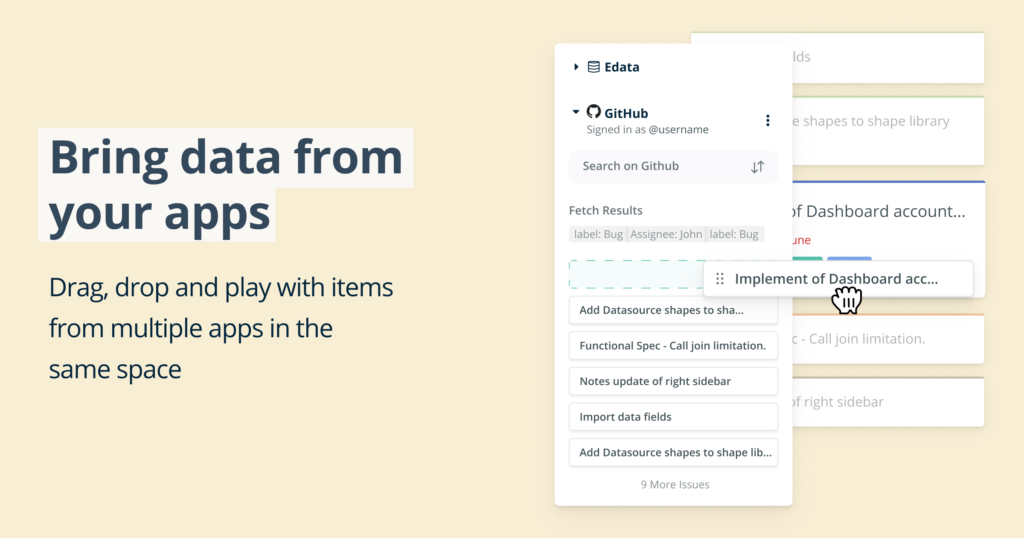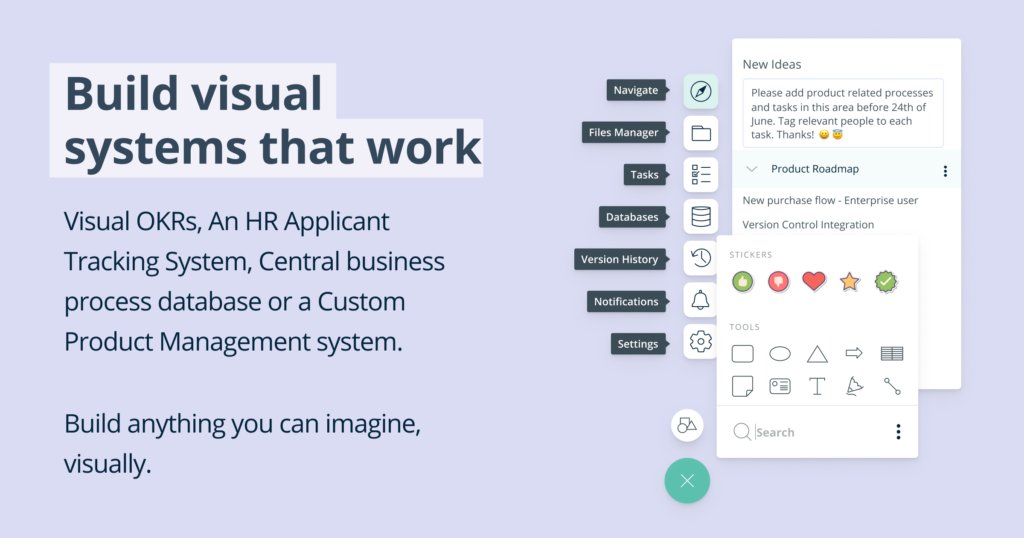Your Business Analysis Resume – Does it represent you as well as it could?
Many people don’t realize just how important it is to write a really good business analysis resume. When you go through the effort to do this, you are in fact saving a lot of time and effort by not having to apply for quite as many jobs in the end! If your Business Analysis Resume is well written and clearly presented, it will stand out and catch the attention of the business analysis recruitment agent or employer much easier and more efficiently.
This article outlines the key components for you to include when you prepare your Business Analysis Resume for your next Business Analysis role!
Parts of a Business Analysis Resume
Your Business Analysis Resume consists of three specific parts and each part has some very specific aspects that need your attention. If you follow these guidelines and prepare the parts properly you will be well placed to receive a successful response when you present it to employers or Business Analysis recruitment agencies.
 Just before we start: How long should your Business Analysis Resume be?
Just before we start: How long should your Business Analysis Resume be?
There is no right answer to this question but it is advisable to not have a Business Analysis Resume that is no shorter than 2 pages and up to 5 pages long (without breaking too far out of the norm). Staying between 2 and 5 pages is a reasonable and average length.
Now let’s consider each part of the Business Analysis Resume.
Part 1: The first half of the first page
The first part of your Business Analysis Resume is the most important part of the document. This is because recruiters will predominantly scan the first half of the first page to decide whether it is worth reading the rest of the Business Analysis Resume. You must remember that employers and recruiters are potentially looking through hundreds of Business Analysis Resumes and they are often under time pressure when they start this process. So the easier it is for them to see what they are looking for, the more likely it is that they will pull out the particular Business Analysis Resume to look at in more detail.
So what do you need to include in the first half of the first page?
You would put your name (followed by any degree or designations after your name) as a title for the first page. There-after you should list the following information in a small table:
- Full Name
- Address
- Degree / Professional Qualifications
- Right to work
Then you should write a very specific short paragraph describing yourself, your qualifications and your work experience in the following format:
I am a [degree qualified / professionally certified] Business Analyst / Senior Business Analyst / Team Lead Business Analyst / Business Analysis Manager with [number of years] years of experience working in the [Industry A] and [Industry B]. My core experience includes Requirements Elicitation, Analysis and Management experience working on global / national projects focusing on [Project Topic] and [Project Topic]. Other key skills include: [Technique 1, Technique 2 and Technique 3].
If you summarize yourself in a short paragraph such as the example above, you give the reader a snapshot of all the most important aspects of your experience. Some key points to remember when you write this short summary is to use the same terminology that the job advertisement is using to describe a particular skill. For example: If the Business Analysis Job Advertisement is asking for experience in requirements gathering, then you should not describe your requirements experience as requirements elicitation. The recruiter is scanning this first half of the first page for the same terms that they used in the Business Analysis Job Advertisement.
The next step is to create 5 – 7 bullet points of your strengths as a Business Analyst. Examples of these bullet points should be a mix of technical Business Analysis skills and softer team player or communication skills. Again, focus on what the recruitment agent or employer is looking for by referring to the terms and skills being asked for in the Business Analysis Job Advertisement.
Example bullet points could be:
- Very strong team player with exceptional stakeholder relationship building skills
- Results driven requirements management and analysis experience
- Technique skills in BPMN v2.0, UML Use Case diagrams and Data modelling
Once you have completed the first half of the first page you should feel confident that anyone who picks up your Business Analysis Resume knows the most important aspects about your Business Analysis experience, qualifications and soft skills. If you get this part right, you will find the rest easy to complete.
 Part 2: The second half of the first page
Part 2: The second half of the first page
Now that you have a solid first half of the page you don’t want to lose the reader’s attention in the second half. You want to re-emphasize in a bit more detail that your experience meets all (or most of) what they are looking for by describing around 10 more bullet point highlights of your career in the context of the Business Analysis Job Advertisement (and what your experience can demonstrate).
For example, if you worked on a global Payroll project you should have a bullet point describing in one or two short sentences the main activities you performed and the main outputs you delivered on the global Payroll project.
Another example could be to highlight this as another bullet point if you have some professional achievement or recognition / award as a good performer.
Although it is very important to keep in mind what the employer or recruitment agent is looking for when you describe your work experience, you should also remember what it is that you want for yourself. It is important to get a Business Analysis job but at the same time it is also important that you find a Business Analysis job that focuses on the things that you find interesting and challenging. So, when you compile these bullet points, also make sure to emphasize the aspects of your experience that you love doing and hopefully the right recruitment agent or employer will find that Business Analysis job that matches that too.
Part 3: The rest of the Business Analysis Resume
So, now you have completed the full first page of your Business Analysis Resume and you are ready to provide the work experience detail. This part should start by describing the last 4 different companies that you have worked for or the last 10 -15 years of your work experience, starting with your most recent job first. When you describe your work experience try to be concise about the role by focusing on the results or outcomes that you produced while you were in that role. Provide the company name, the role title and the month / year range that you were with the company. Again focus on the relevant tasks and deliverables that you delivered in that role which you think will be of most interest to the reader.
Once you have completed the detail of your work experience you should have a section dedicated to your academic background. Make sure to list not only your university degree (if you have one) and professional certifications but any other professional development that you may have completed during the last 10 years or so. It is important to outline the name of the educational institution, the course title or academic level achieved and the year of achievement.
Finally, now that you have completed almost everything required for a Business Analysis Resume the very last item is simply creating a section called: References. You don’t have to (and shouldn’t) provide any details other than to say “References are available upon request”.
As an optional section you could list one or two hobbies (some people like to use this as an ice breaker when they start an interview) and your date of birth. However, neither of these items are essential or required. It is up to your own personal preferences.
In conclusion
As a final point in this outline of how to write a really good Business Analysis Resume it is important to remind you that you should always keep the reader of your Business Analysis Resume in mind. Remember that they only have the document to look at before deciding if they want to meet you. It is therefore your only representation of who you are and what you can do before that first step of actually getting to an interview. You will probably now see the value in writing a great Business Analysis Resume from the start because this will make your resume stand out from the crowd and help you find that perfect Business Analysis job so much faster!
Good luck!





